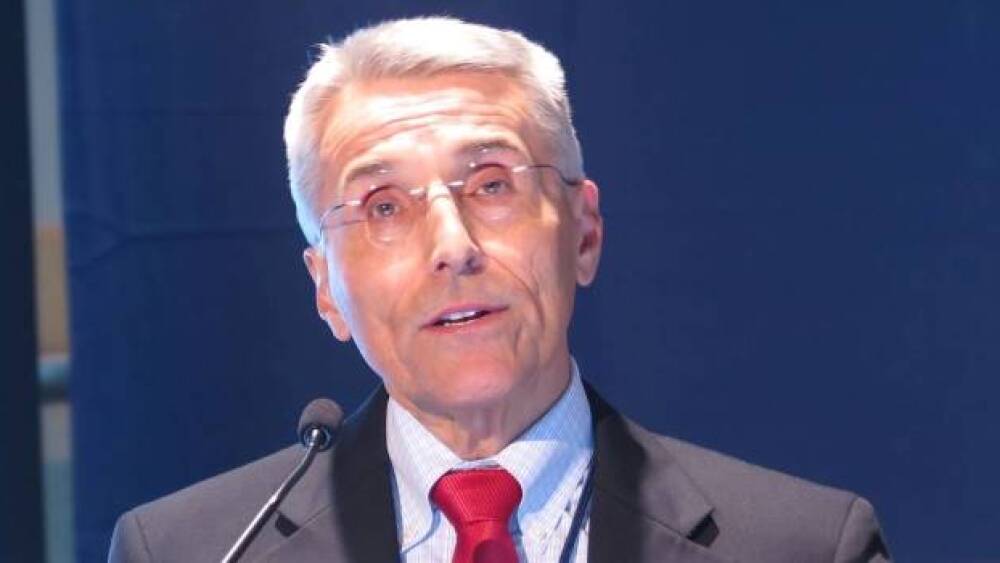Pazdur, along with the FDA’s R. Angelo de Claro and Gautam Mehta from the Center for Drug Evaluation and Research, penned an opinion piece published Thursday in JAMA Oncology.
Dr. Rick Pazdur, M.D./Courtesy MDedge/Neil Osterweil
Rick Pazdur, director of the U.S. Food and Drug Administration (FDA)’s Oncology Center of Excellence (OCE) and longtime defender of the agency’s accelerated approval program, is now acknowledging that some changes are likely needed to the process to ensure timely receipt of confirmatory trial data.
Pazdur, along with the FDA’s R. Angelo de Claro and Gautam Mehta from the Center for Drug Evaluation and Research, penned an opinion piece published Thursday in JAMA Oncology that outlines some potential changes that could be implemented, including a time limit for the confirmatory trials.
The opinion piece was published as the FDA accelerated approval program is under intense scrutiny over complaints that companies that have benefited from a quick route to approval are not providing the confirmatory data within a timely manner.
Drugs typically approved under the FDA accelerated approval program have a high unmet medical need. The drugs are approved before they have completely gone through Phase III clinical studies. The FDA greenlights them based on positive mid-term data. Approval is expected to remain conditional upon confirmatory trials that are anticipated to show continued efficacy and safety.
BioSpace has previously reported on multiple occasions the scrutiny some drugs approved under accelerated approval have come under. In the spring of 2021, the FDA’s Oncologic Drugs Advisory Committee reviewed products approved under the pathway for breast, urothelial, gastric and hepatocellular cancers. The committee examined Merck’s Keytruda (pembrolizumab), Bristol Myers Squibb’s Opdivo (nivolumab) and Roche’s Tecentriq (atezolizumab), all checkpoint inhibitors approved under the accelerated pathway. The FDA committee called the meeting after these checkpoint inhibitors had been withdrawn for use in other indications.
Despite that committee’s review, BioSpace reported this past summer that the agency began to crack down on accelerated approvals. And it appears that additional methods could be implemented, especially as the regulatory agency could soon have a new commissioner. Robert M. Califf, who faces a full Senate hearing for his nomination, said last month during a nomination hearing that he was a fan of accelerated approval under the right conditions.
“The very fact of [the] accelerated pathway means that we’re accepting that there’s more uncertainty and the FDA has tremendous latitude about the decision it makes with those pathways, and that means we’ve got to have a better system to evaluate these products as they’re used on the market,” Califf said during the hearing, according to the Regulatory Affairs Professionals Society.
When the FDA finds footing under a new commissioner and gets a hand on the ongoing COVID-19 pandemic, the accelerated approval program is one of the programs that will be first addressed, especially with the shadow of the approval of Biogen’s Alzheimer’s drug Aduhelm still hanging over the agency. What changes could be made have certainly not been finalized, but the ideas penned by Pazdur and his colleagues will likely receive close examination.





